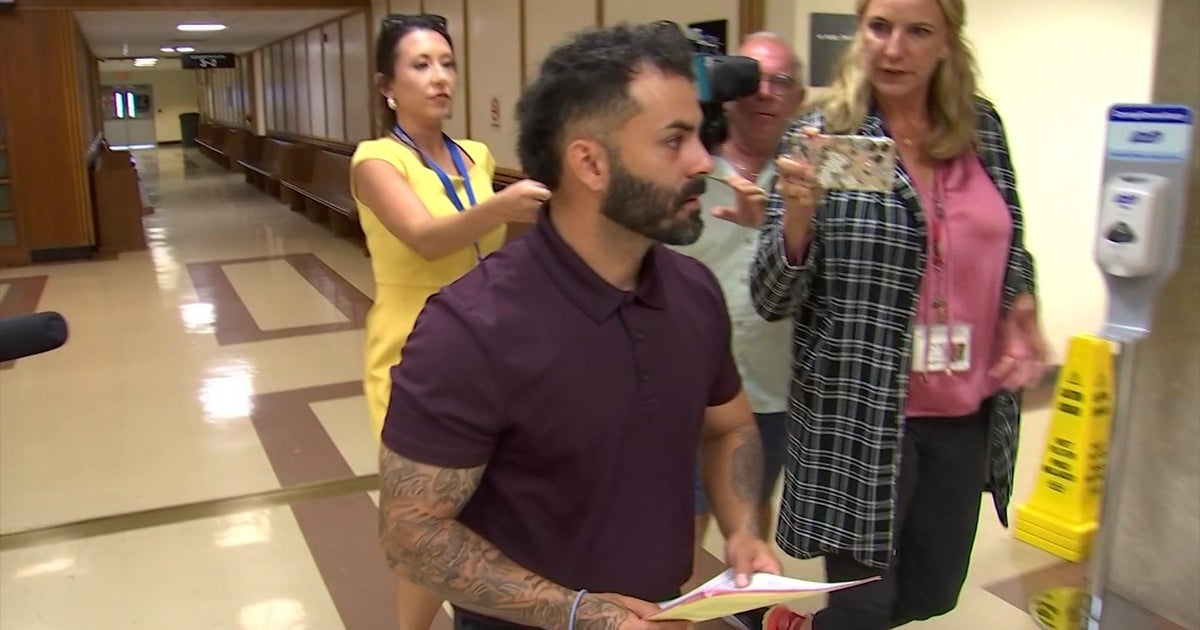Pediatricians Rip Media For Increasing Childhood Obesity
MIAMI (CBSMiami.com) – The American Academy of Pediatrics has taken aim at the media saying television ads for sugary and fatty foods are playing a role in the childhood obesity epidemic in a new policy statement.
The AAP listed multiple ways television is contributing to obesity in children including: increased sedentary activity; unhealthy eating practices learned from programming and advertisements; increased snacking while watching TV; and interference with normal sleep patterns.
The AAP found that drinking a can of soda per day produces a weight gain of 15 pounds per year and that almost 40 percent of a child's caloric intake comes from solid fat and added sugars. Sugars and soda or fruit drinks provide 10 percent of the calories.
The report from the AAP also noted that 98 percent of food ads seen by children aged 2-11 and nearly 90 percent of food ads seen by teenagers are for products that are high in fat, sugar, and sodium or are junk food.
The AAP said pediatricians should ask parents about how much time their child spends with screen media, including computers and is there a TV set or unrestricted computer access in the child's bedroom as a start to stopping obesity.
In addition, pediatricians will recommend no more than 2 hours a day and avoid putting TV's or internet connections in their child's room.
But the most potentially damaging recommendation from the AAP policy is to ask Congress, the Federal Trade Commission, and the Federal Communications Commission to implement a ban on junk-food advertising during programming that is viewed by children.
That would directly impact the costs incurred by the fast-food industry, which spent $4.2 billino on advertising in all media in 2009.
Click here to read the entire policy statement.



